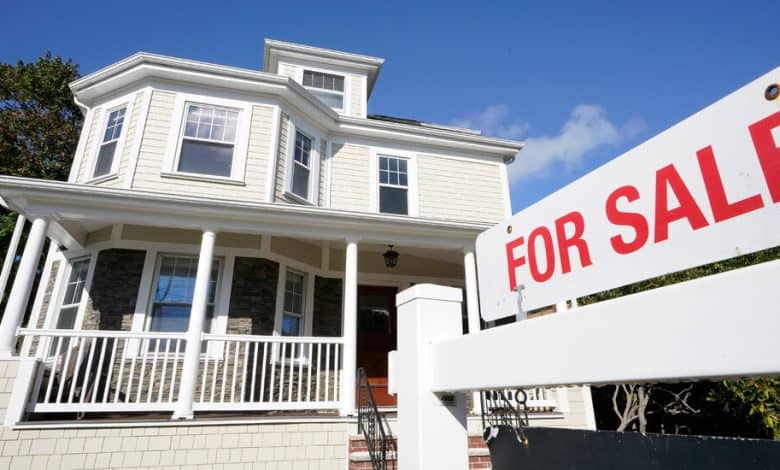When Medicaid Comes After the Family Home

The letter came from the state department of human services in July 2021. It expressed condolences for the loss of the recipient’s mother, who had died a few weeks earlier at 88.
Then it explained that the deceased had incurred a Medicaid debt of more than $77,000 and provided instructions on how to repay the money. “I was stunned,” said the woman’s 62-year-old daughter.
At first, she thought the letter might be some sort of scam. It wasn’t.
She asked not to be identified, because the case is unresolved and she doesn’t want to jeopardize her chances of getting the bill reduced. The New York Times has reviewed documentation substantiating her account.
The daughter moved into the family’s Midwestern home years earlier, when her widowed mother, who had vascular dementia, began to need assistance.
Her mother was well insured, with Medicare, a private supplemental “Medigap” policy and long-term care insurance. The only reason she enrolled in Medicaid was that she had signed up for a state program that allowed her daughter to receive modest payments for caregiving.
But that triggered additional monthly charges through a Medicaid managed care organization, and now the state wants that money back.